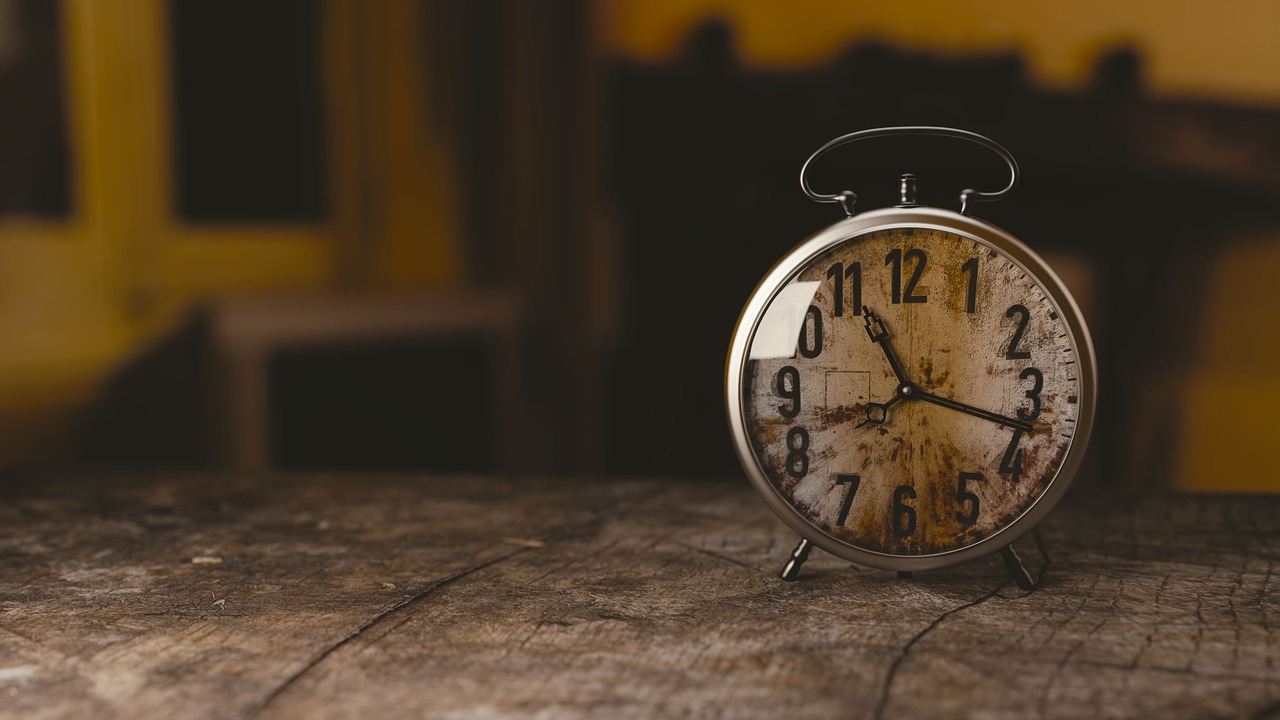How to Reset Your Body Clock Fast And Get Better Sleep Every Day

All ye who work on night shifts pay heed. And all those who have been binging on high-calorie food on weekends, here’s a word of caution: when your body clock is out of whack, expect some serious trouble.
About time
The biological marvel that is the circadian rhythm regulates the body’s temperature and pressure according to the time of day – this means we feel alert after a good rest and feel tired and sleepy towards the end of the day or after a huge meal.
The 24-hour circadian cycle is deeply ingrained in our body and is in charge of switching on and off various biological functions, such as oxygen requirements, waking up, being active, feeling hungry, hormone production and even feeling sleepy.
Alarm bells
Those who consistently defy this rhythm and set their own pace of waking, sleeping, eating at irregular intervals or drinking a lot of alcohol, eventually experience problems with their body’s functions.
Studies show that a faulty body clock stops correctly regulating your hunger and metabolic rate, which increases your chances of obesity and diabetes.
Other studies prove that alcoholics tend to suffer from poor sleep, depression, low immunity and disrupted neuroendocrine functions, because the alcohol interferes with those physiologic functions that depend on the circadian rhythm.
On time
One of the latest branches of medicine is called chronotherapy, which uses cues from the body’s own clock to treat illnesses and get into shape. So there are best times for taking medicines, exercising, studying, trying for a baby (sperm production is highest in the morning), eating, cleaning the house and even taking a bath.
One study has found that the clock can be shifted an hour back or forward after exposure to bright pulses of light.
Top 5 Signs Your Body Clock is Going Cuckoo
-
Sleeping all the time or not sleeping at all
-
Depression that is related to the weather; such as feeling low during winter
-
Hallucinations, exhaustion or paranoia due to lack of sleep
-
Putting on weight despite eating healthy foods and exercising regularly
-
Waking up feeling tired with stiff joints and muscles
Winding up
One way of getting your clock right is to get plenty of sunlight. This will aid the production of melatonin, a powerful anti-aging hormone that is manufactured by the pineal gland and helps set the body’s internal clock.
The biorhythms are set by light cues – therefore melatonin is produced each evening after sunset and before dawn.
Melatonin also affects the body’s reproductive functions, metabolic rate, hunger and other bodily processes. Little wonder then that it is prescribed as a supplement to those suffering from sleep disorders due to long night shifts.
How to reset your body clock
-
Set a fixed time for waking, sleeping, and eating. Start with a good breakfast followed by a light lunch and dinner to regulate your weight. The body converts food into heat and energy in the morning, but in the evening, food is stored as fat.
-
Don’t binge on high-calorie foods for two or more days in a row. This disrupts the clock by slowing down the stomach and in turn affects your metabolism, leading to obesity or diabetes.
-
Get at least half an hour of early daylight to give your body clock the necessary light cues to regulate your body temperature, energy levels, etc
-
Your threshold of pain is higher in the afternoon, so if you need to do some really heavy work or visit the doctor for a shot – after your lunch break is a good time.
-
Get the best sleeping furniture. If you prefer to sleep on a recliner, get the best recliner for tall man, if you have some height on you.
-
Your heart, blood vessels, lungs, ovaries, muscles, liver, and kidneys have their own clock and achieve their peak performance at certain times in the day. So if you have problems staying alert when you should, or a tendency to put on weight, eat when your stomach will function at its best.
-
Those who have to cope with jet lag or shift work should gradually shift the time of eating and resting to their normal routine
Have a restful night.

Patrick Mahinge
Patrick Mahinge, the chief editor at MTBNZ.org is a serial webpreneur who also enjoys mountain biking.
Related Articles

27-07-2018
Dream Interpretation and Analysis: What Do Your Dreams Mean
Read more about this article...
Read more →

09-07-2016
Can Lack of Sleep Kill You | How Does Lack of Sleep Affect You
Read more about this article...
Read more →